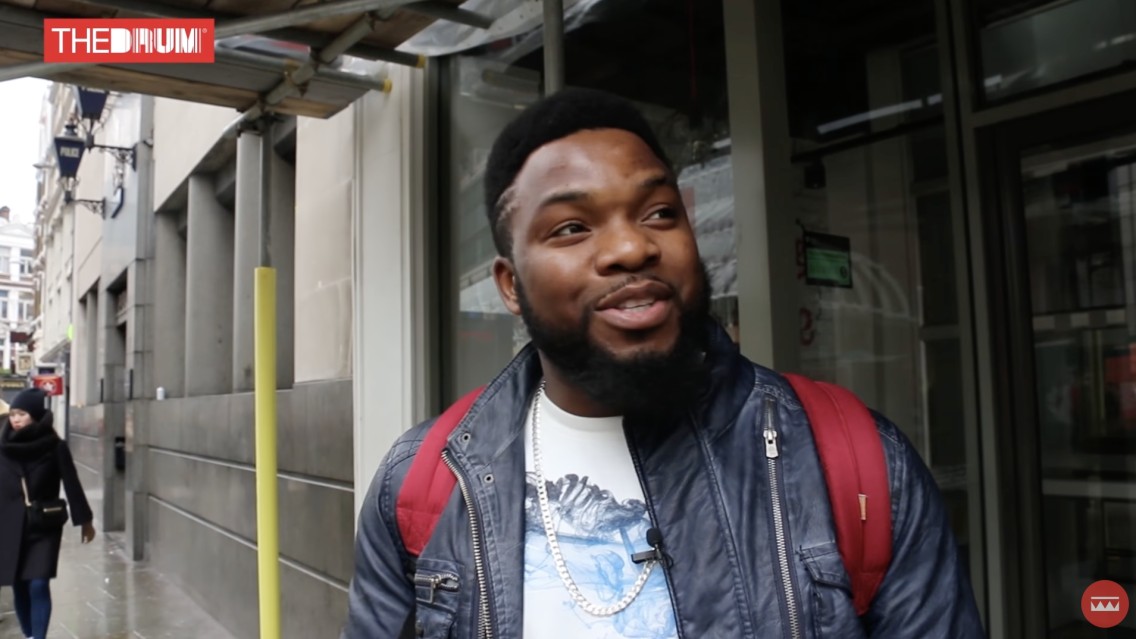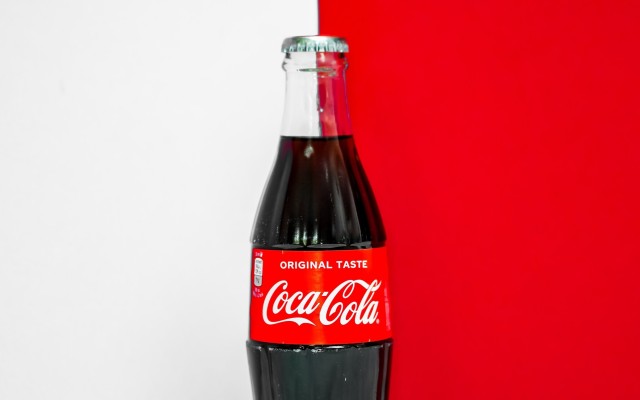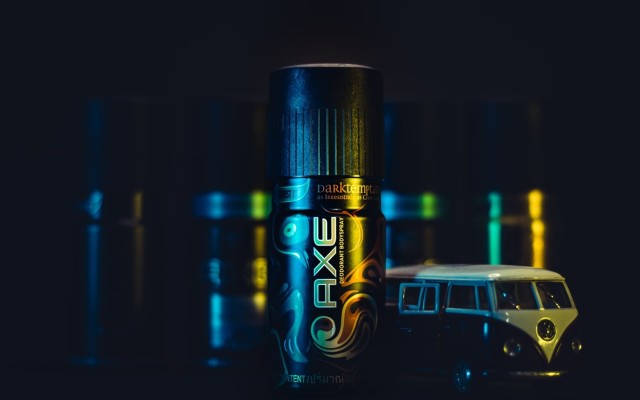 Turn a Supply Chain Crisis Into a Clever Marketing Campaign?
Turn a Supply Chain Crisis Into a Clever Marketing Campaign?
Article
shorter than a piece of string
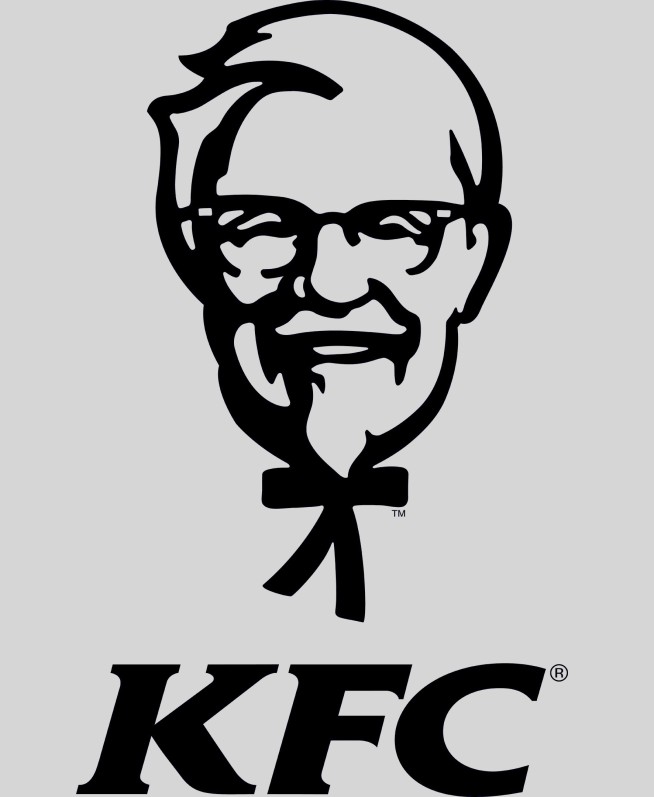
Kentucky Fried Chicken
The story behind the #KFCCrisis
When life gives you lemons, make lemonade! An empowering motto to keep in mind when shit hits the fan, and you have to turn the situation into something positive. It might seem like an impossible challenge in some cases — just imagine a fast-food restaurant that sells fried chicken, completely running out of chicken.
This is exactly what happened to the UK branch of global fast-food chain Kentucky Fried Chicken, which ultimately resulted in the temporary closure of countless restaurants across the country. A bid in order to rebuild KFC’s tarnished reputation and reassure customers came in the form of a cheeky marketing campaign; FCK!
Launched in the face of a logistical nightmare, this campaign serves as a prime example of how overcoming challenges can lead to astounding results. Let's delve into the story behind the scenes, the hurdles faced, and the impressive result.
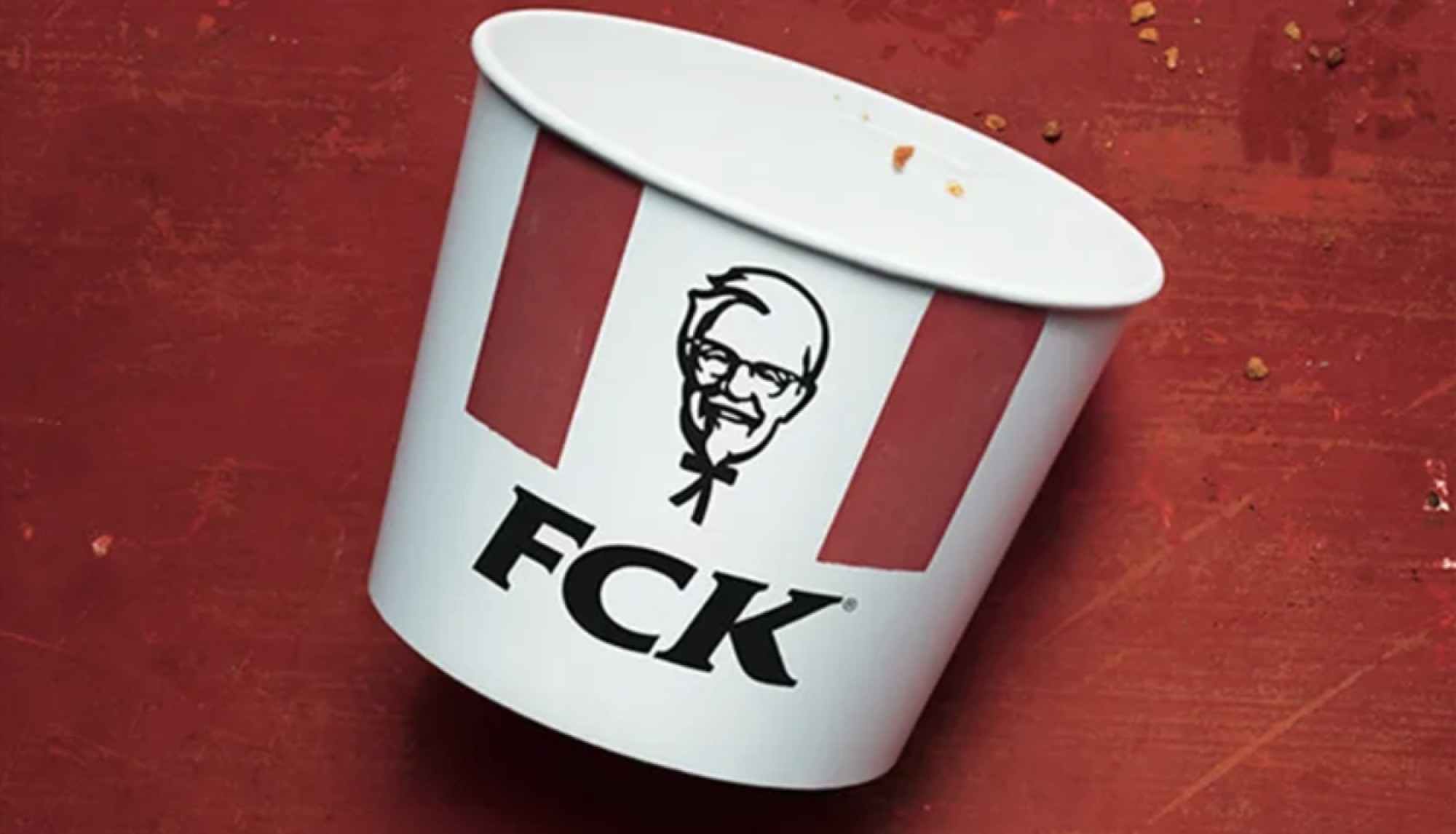


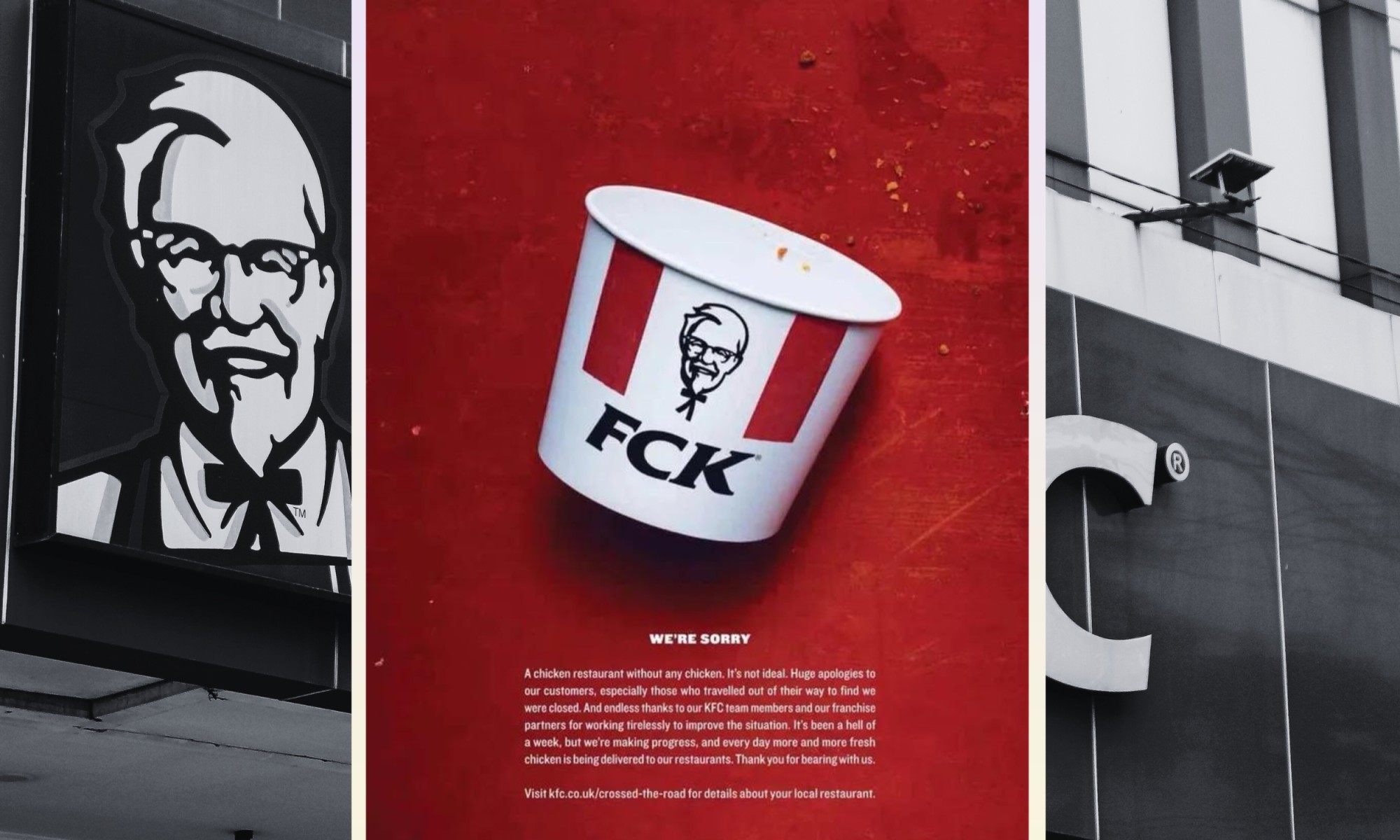
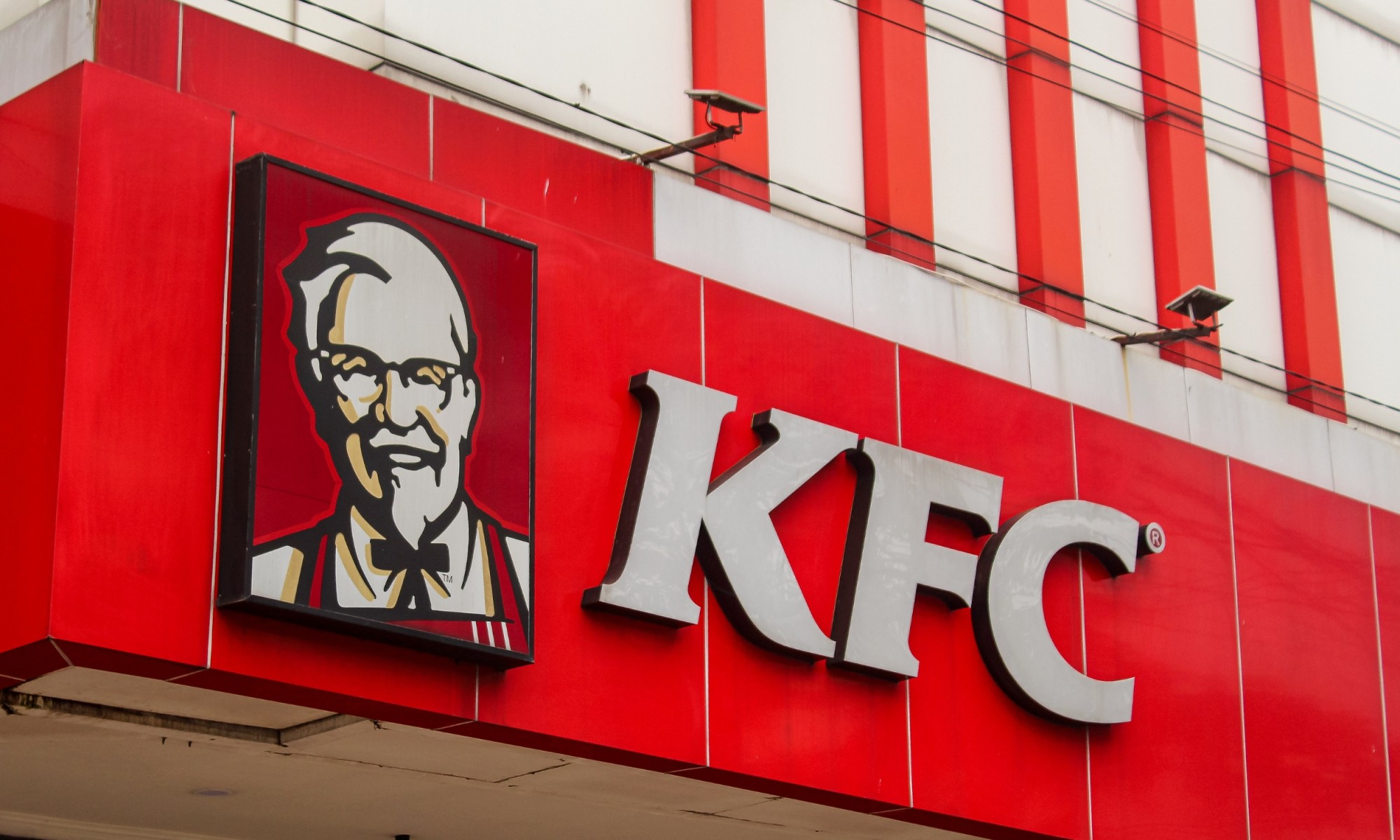
What have you done that would make 10 year old you think you're actually cool?
Articles

